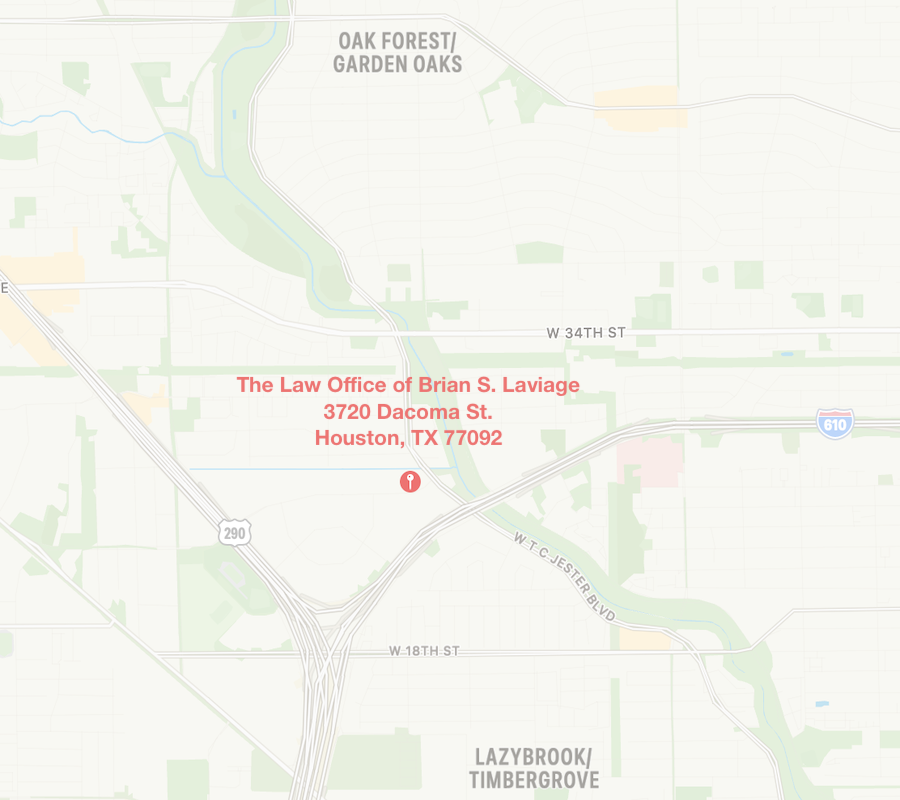Pros and Cons of Court Appointed Attorneys for Juvenile Offenses
Tuesday, Sep 20, 2016 by Brian Laviage
In the U.S. court system, you have the right to a lawyer, and it is important to ask for one – whether the defendant is an adult or juvenile. Having legal representation in juvenile court proceedings is vital because a lawyer can explain to you and your child what should or should not be answered. This person is to make sure the child’s legal interests are protected and to advocate the child’s wishes.
If you cannot afford a lawyer for your child, the court can appoint one if:
- You ask the court for a lawyer, or
- Financial screeners determined that you cannot afford a lawyer.
Court-appointed lawyers are beneficial because they are free. Additionally, like a public defender, a court-appointed counsel is regularly in the courthouse handling criminal cases, and is very familiar with the judge and prosecutor assigned to your case.
The downside is that you have no say in who will represent you. The county pays a low hourly rate, so not every court-appointed attorney has the experience or skill to best serve their client’s need.
Additionally, court-appointed lawyers have a high volume of clients, which means your attorney has less time to spend on your case doing research or questioning witnesses. This could also make it challenging to get in contact with your attorney outside of court.
Obtaining your own representation ensures your child’s case receives the attention it deserves and that his or her rights are protected. If your child ends up in the wrong crowd or gets caught at the wrong place at the wrong time, contact the juvenile law office of Brian S. Laviage for a free initial consultation.

